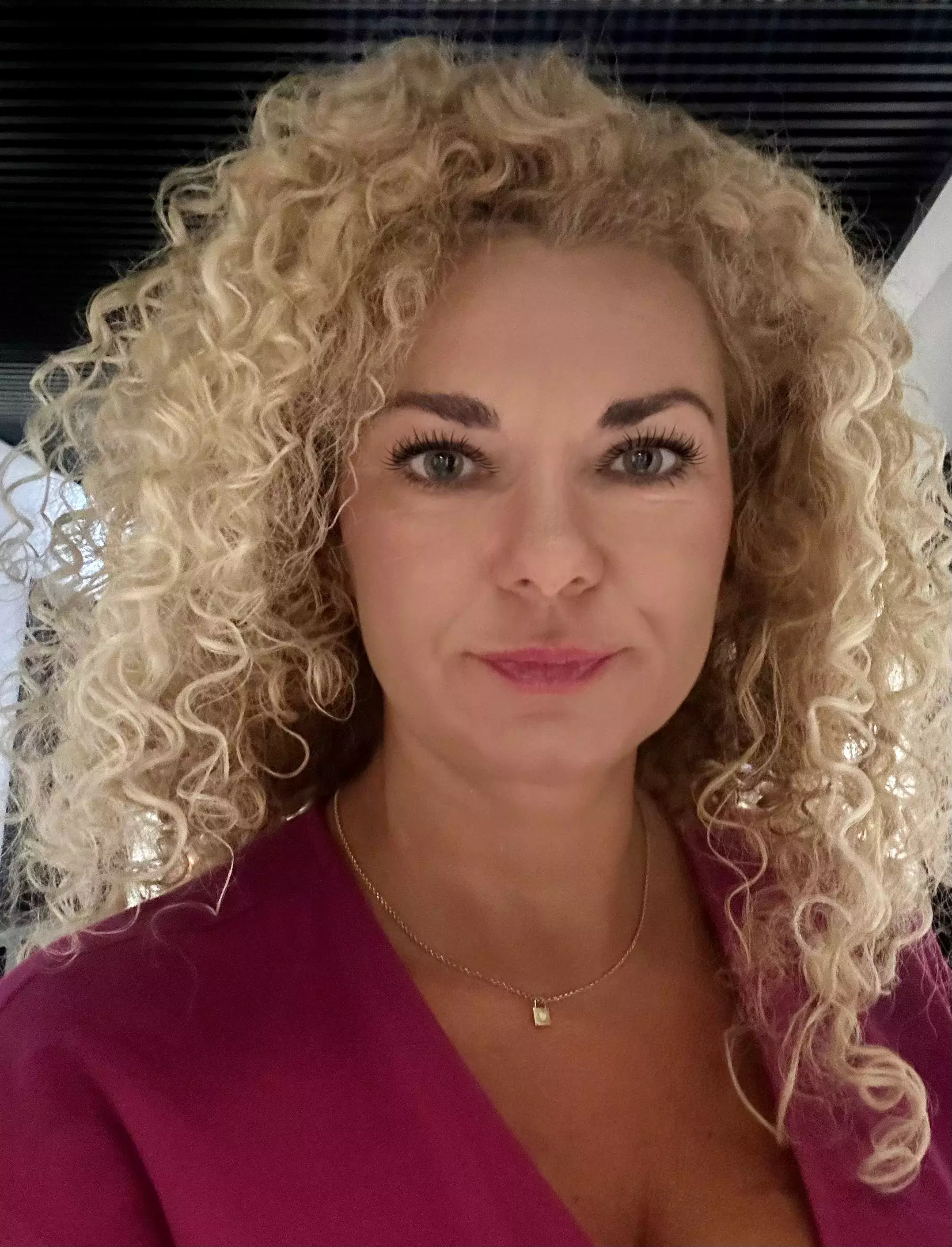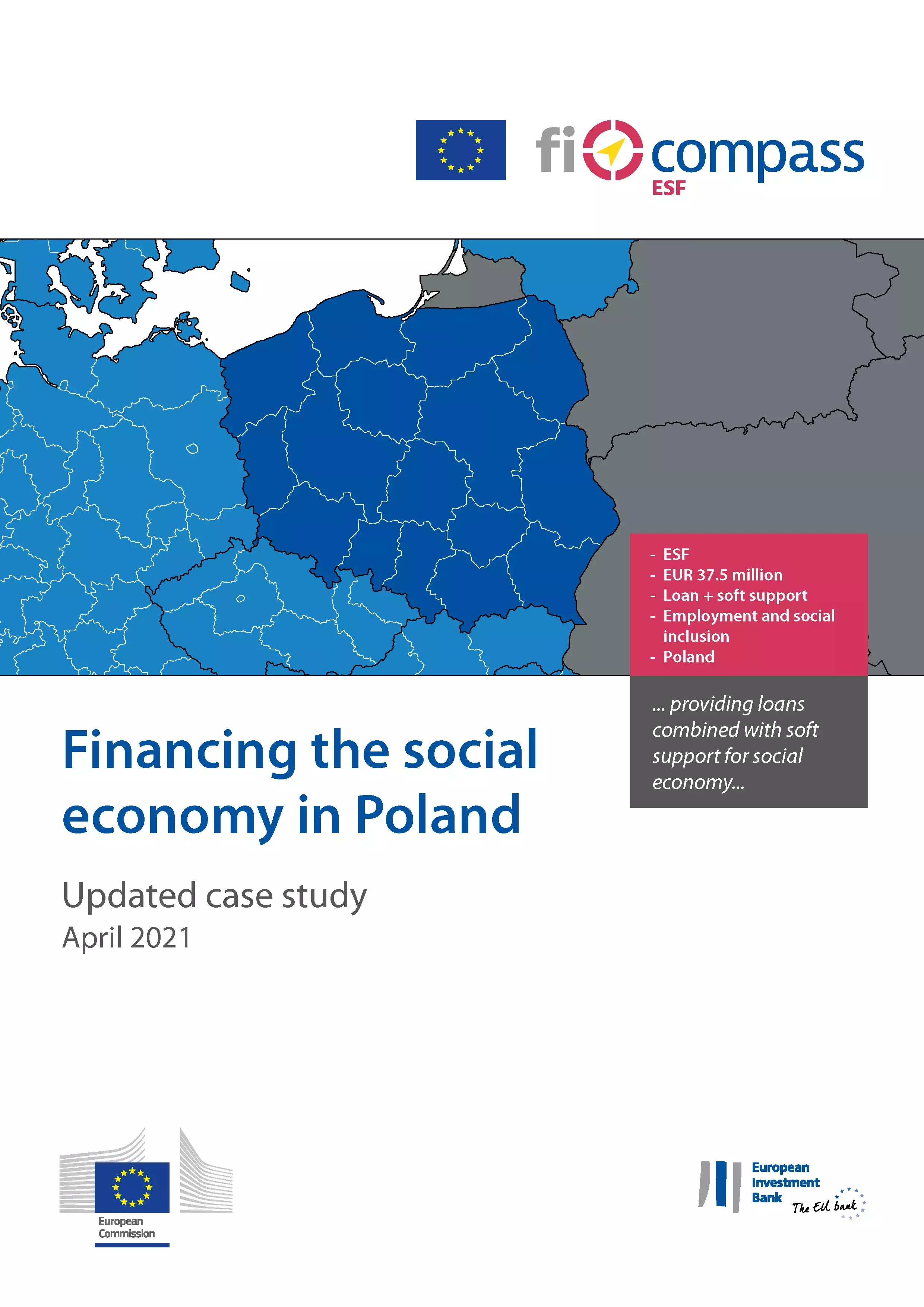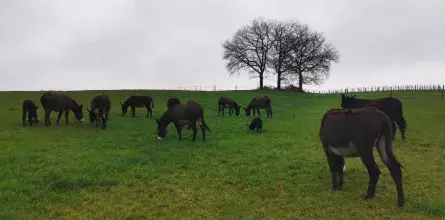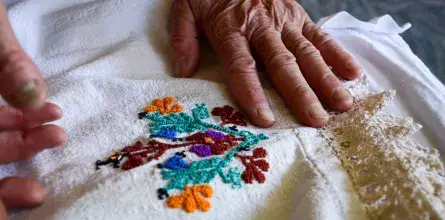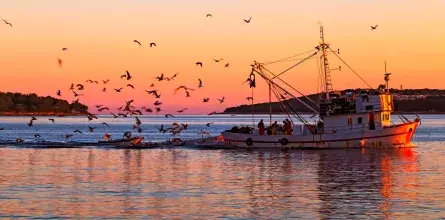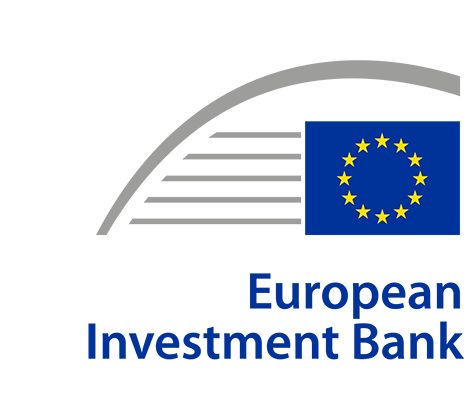Building on the success of a financial instrument created for a 2007-2013 pilot, the Polish National Fund for Social Entrepreneurship (NFSE) financed under the Operational Programme Knowledge Education Development 2014-2020 with €37 million – is helping to protect hundreds of social economy enterprises all over the country. RAZEM (meaning “together” in Polish), an association that supports 200 children and young people with mental and physical disabilities, was fortunate enough to be able to rely on the fund’s support at a difficult time.
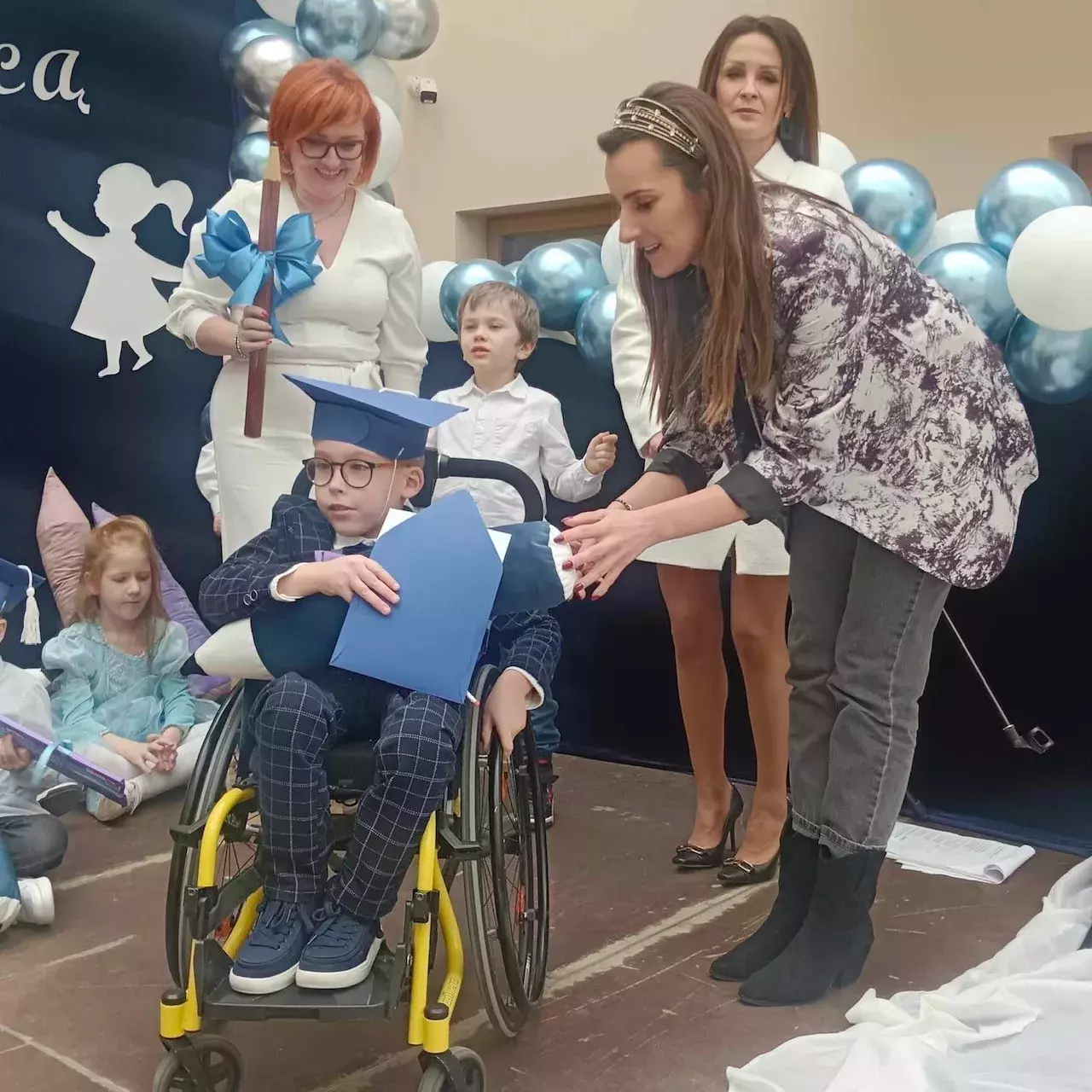
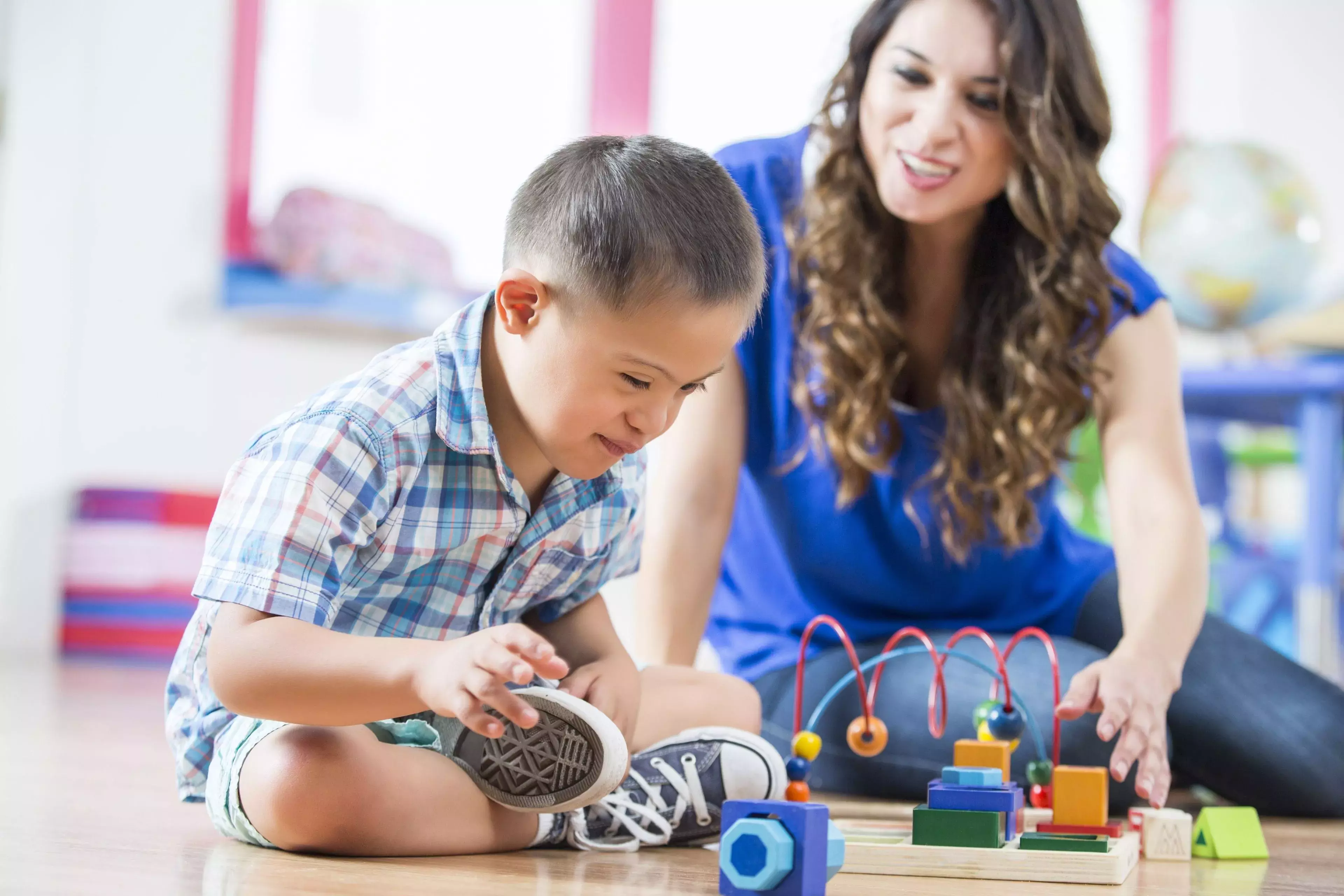
“Together we can do more,” says Dagmara Janas, a childhood education expert from Radom, about 100 km south of Warsaw. As her daughter Paulina is living with a disability, Dagmara decided to specialise in teaching children with intellectual disabilities. She saw it as a way to do her part and serve this vulnerable community.
“Despite difficult beginnings, I opened Land of Joy in February 2010 in a renovated building donated by the city. This first private kindergarten in our city currently cares for 50 children with disabilities such as autism, down syndrome and motor disabilities, and employs 19 people,” she says.
Although Poland has seen significant improvements in assistance for children with disabilities in recent years, the government disability pension provided to people with the most advanced forms of disability (those who cannot live independently) amounts to PLN 1 780.96 (€416) before tax. The demand for disability day care centres in Radom and many other Polish cities far outstrips what the government can offer. “We have a long waiting list, I am afraid. You currently have to wait several months to see a specialist physician or to visit a private office. Another issue is the insufficient availability of organised support systems,” explains Dagmara.
The funding that makes it possible
“The most important thing to us has always been the kids, but financial issues cannot be ignored. Without financing, let's just say that we wouldn't be able to function, even more so nowadays. The scale of our activities is so great; our finances are the basis of what we do,” says Dagmara.
Dagmara’s association receives funding from the public and private sectors. Loans backed by Bank Gospodarstwa Krajowego (BGK) under the National Fund for Social Entrepreneurship (NFSE) have also been key to ensuring that her organisation can function and develop. “I heard about their support from my regional social economy support centre. In 2022, I took a PLN 300 000 (around €65 000) loan for renovation work and equipment purchase. The interest rate was 5.30%.
The loan allowed us to keep on functioning properly and recruit three people at risk of poverty and social exclusion for our restaurant,” she says.
“Thanks to the loan, we can safely plan further developments in our facilities at a similar level of support and for the same number of disabled people and maintain employment at current levels.”
Katarzyna Pawłowska is the Team Manager at BGK, the financial intermediary appointed as fund of funds manager. She says that the main motivating factors behind providing this support to Dagmara’s association included: “a well-defined purpose of financing, a realistically achievable financial plan for the investment, a positive assessment of the financial risk of the investment, and its social nature.”
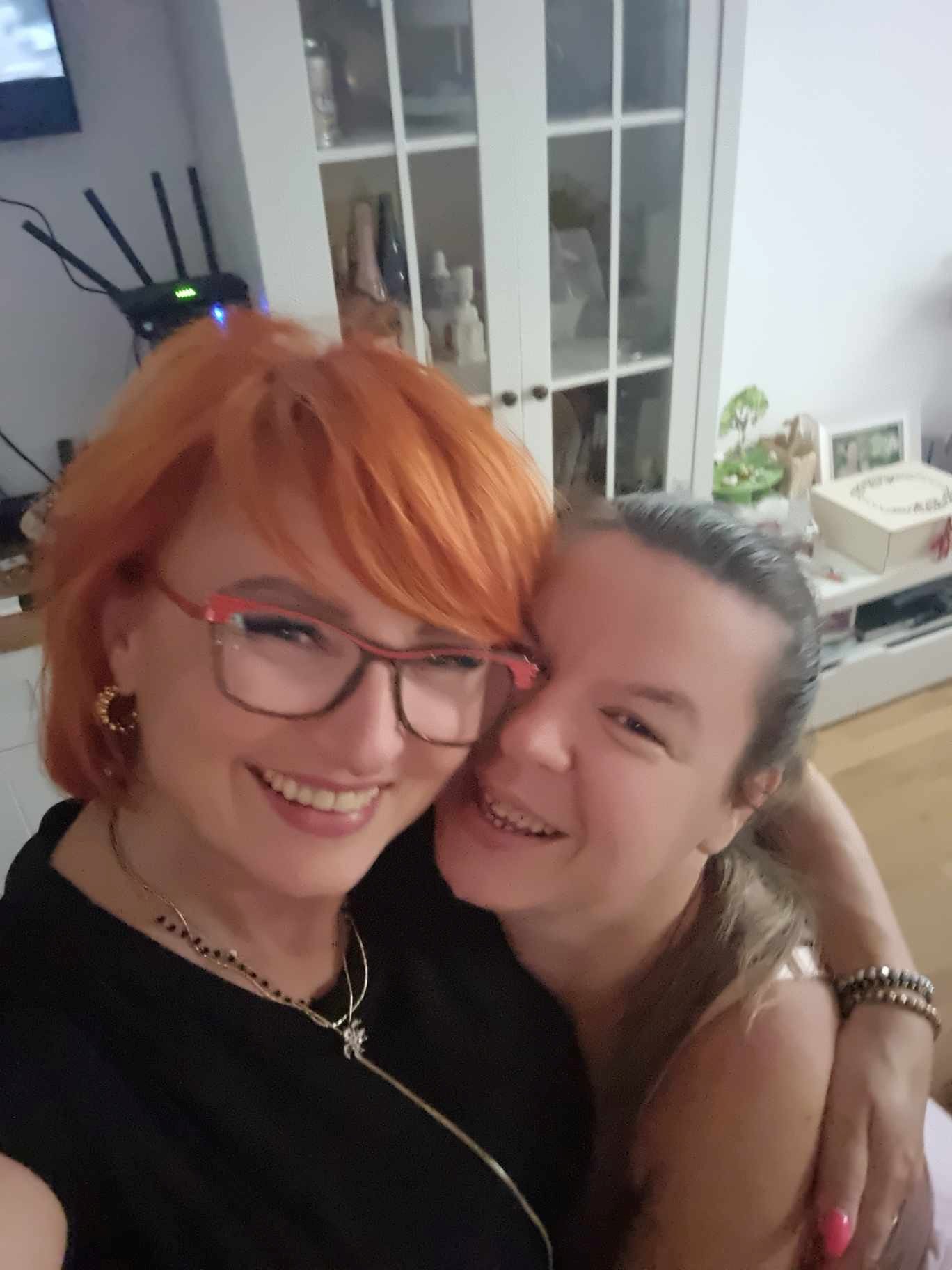
“Thanks to the loan, we don't worry about the short-term future of the association anymore. We have peace of mind and the kids have a place to call their own.” Dagmara Janas shown with her daughter
Land of Joy covers comprehensive childhood development. Classes are conducted based on the current core curriculum for pre-school education, and an individual educational and treatment programme is created for each child with a special educational needs certificate. Children also take part in group classes such as music therapy, hypnotherapy, corrective gymnastics, dance, English, culinary classes, and more.
The association also runs Community Self-Help Homes – helping 54 adult participants with disabilities – and the Różany Gościniec social enterprise restaurant. Opened in 2016, the restaurant currently employs six people with intellectual disabilities. “We wanted to create a place where people with disabilities could find supported employment. Our disabled employees have an opportunity to prove that they are needed and can also successfully gain professional fulfilment,” says Dagmara.
1 325 jobs created
To date, 1 094 loans totalling €35 million have been granted under the NFSE financial instrument, enabling the creation of 1 325 jobs across Poland. Aleksandra Dmitruk, deputy director of the European Social Fund Department at the Ministry of Development Funds and Regional Policy, the managing authority of the financial instrument, attributes the successful deployment of the scheme to “the availability of funds over a long period of time – with the first NFSE loans disbursed in the second half of 2017 and the last in the second half of 2023. Preferential interest rates making it a more attractive financial product compared to those offered by commercial banks and the lower loan collateral allowing a large majority of the NFSE to access financing were other factors that also played their part.” This positive trend can be seen in the figures. When interviewed in 2013, 63% of social enterprises reported a lack of funds for business development. “In 2019, the percentage amounted to around half of that figure, with 32.5%,” says Aleksandra.
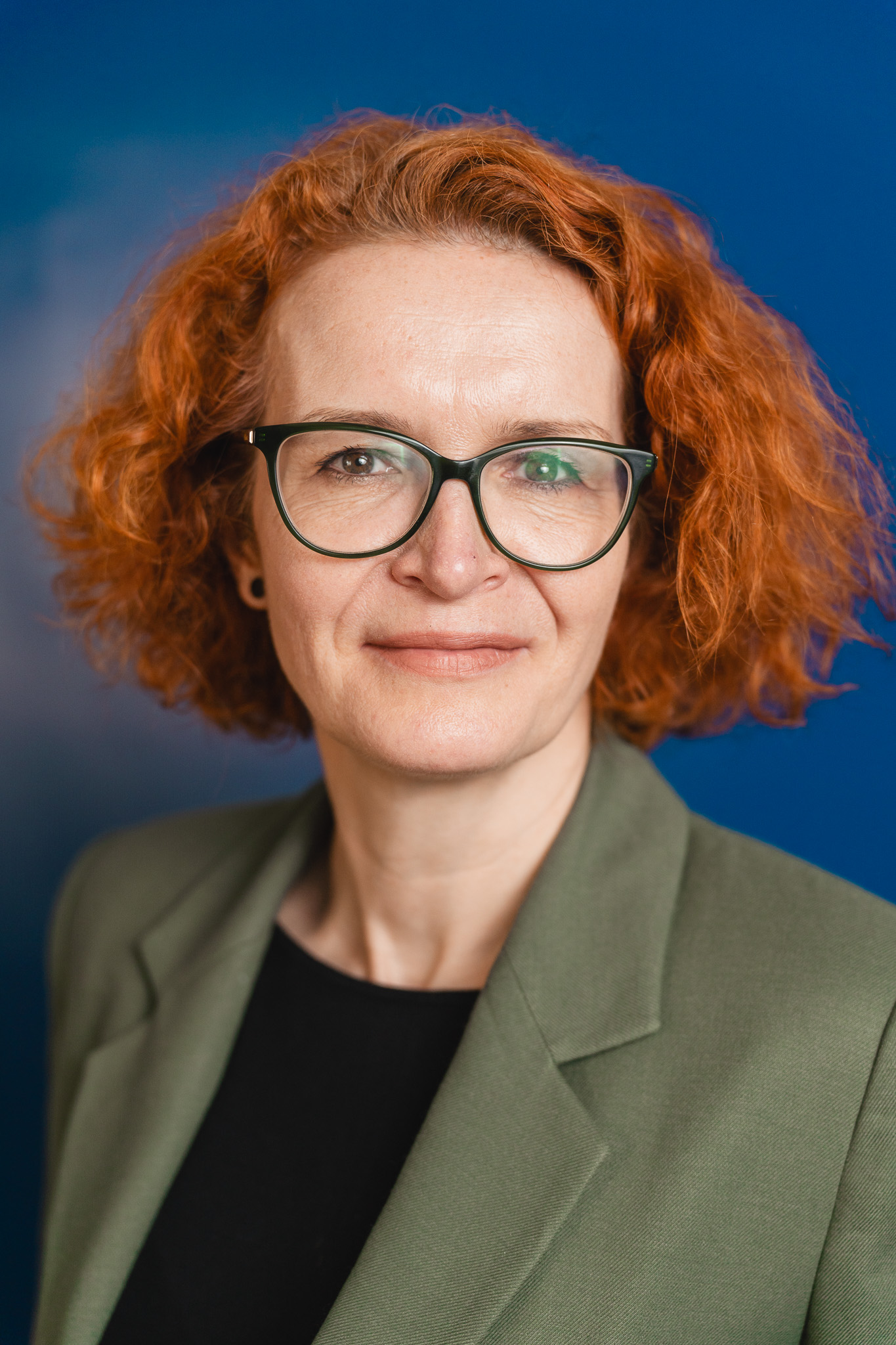
“The study on the financial needs of the social economy sector shows significant engagement from the sector through financial instruments from the National Fund for Social Entrepreneurship, in the form of loans”, Aleksandra Dmitruk, deputy director of the European Social Fund Department at the Ministry of Development Funds and Regional Policy.
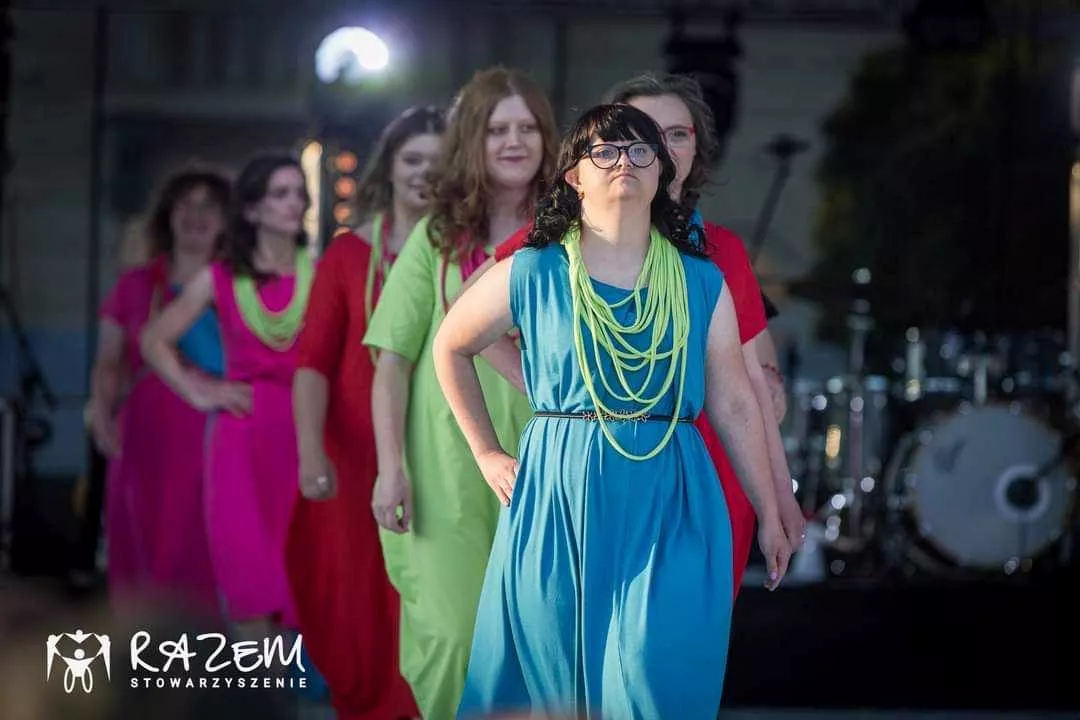
Fashion show organised by Razem
Multi-award winner
In 2018, the Ministry of Family, Labour and Social Policy organised the first national Quality Marks of Social and Solidary Economy competition – a special distinction for entities that successfully combine economic activity with social commitment. In the first year of the competition, 27 entities received awards; a year later this number rose to 49. This new round of the competition saw certificates awarded in five categories: Debut of the Year, Best Employer, Market Success, SEE (Social Economy Entity) project financed from the European Social Fund’s repayable funds, and Socially Responsible Self-Government.
Dagmara Janas’ exceptional contribution to the community has led to her winning several of these awards. Her association was the overall winner of the Quality Mark of Social and Solidarity Economy competition in 2019 and 2023. In 2019, RAZEM also took first place in the Best Employer category, and in 2023, it won the prize in the Loan with social benefits category.
About the NFSE financial instrument
Poland has a vibrant and fast-growing social economy environment. Over 94 000 socially oriented enterprises provide various services for vulnerable people, with the goal of tackling unemployment and social exclusion. However, as in most EU countries, Polish social economy enterprises usually find it hard to access funding through traditional credit channels. To bridge this financing gap, Polish authorities have been successfully applying the resources of the European Social Fund to set up financial instruments for social economy enterprises since the 2007-2013 programming period.
The NFSE financial instrument is delivering soft loans (at low interest rates and with long maturities) combined with non-financial services to Polish SEEs. Among the NFSE’s most desirable features are also the opportunity to re-apply for a second loan (once the first has been repaid), the 6-months grace period, and the interest rate subsidies that can be offered under certain conditions.
Building on this success and considering the widening funding gap for these enterprises (€263.5 million according to a 2019-2020 survey), the current allocation for the National Fund for Social Entrepreneurship is six times that of its predecessor (€37 million vs. the previous figure of €6 million).
